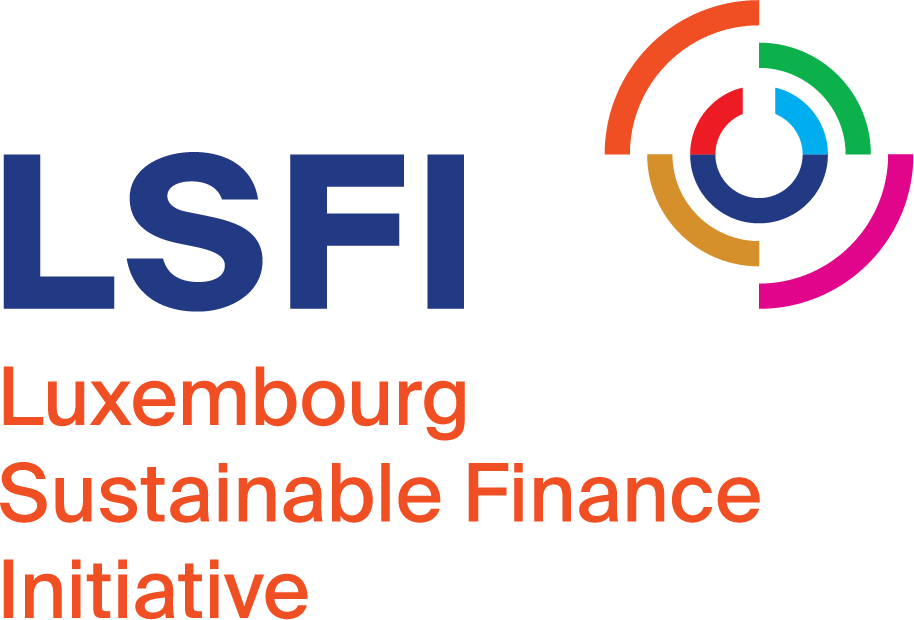Plateformes de données pour vous aider à naviguer dans votre démarche de finance durable.
Centre de ressources – Plateformes de données
Explorez les principales plateformes de données qui fournissent des ensembles de données ouverts, harmonisés et comparables, basés sur des approches scientifiques. L’image ci-dessous donne un aperçu de ces plateformes, expliquant ce qu’elles sont, ainsi que quand et pourquoi les utiliser. Dans le tableau, vous pouvez filtrer par type de plateforme, public cible, thèmes, et secteurs ou industries, ou effectuer une recherche directe avec des mots-clés.Pour une meilleure expérience, nous recommandons d’ouvrir cette page sur un ordinateur portable et de la visualiser en mode plein écran.
Trouver une plateforme de données
| wdt_ID | Name | Description | Tool types | Targets | Themes | Industries/Sectors |
|---|---|---|---|---|---|---|
| 1 | Climate Impact Explorer (CIE) | Provide time and spatial evolution of identified climate impact indicators (can be used for stress-testing). Show how the severity of climate change impacts will increase over time in continents, countries and provinces at different levels of warming, sta | Scenario Analysis, Stress Testing | Academia, Companies, Financial Institutions, Policy Makers | Climate, Risk, Scenario Analysis | Agriculture, Cross-sectoral |
| 2 | Global Entrepreneurship Monitor (GEM) | Conduct survey-based research to assess the state of entrepreneurship and entrepreneurial ecosystems worldwide. | Database, Knowledge | Investors, Venture Capital | Community, Education | Cross-sectoral |
| 3 | Adaptation, Biodiversity and Carbon Mapping Tool (ABC-Map) | Assess the environmental impact of National Policies and Plans (NDC, NAPs, etc) and investments in the agriculture, forestry and other land use (AFOLU) sector. | Maps, Scenario Analysis, Target Setting | Academia, Companies, Institutions | Adaptation, Biodiversity, Transition | Agriculture, Forestry |
| 4 | ACT - Assessing Low Carbon Transition | Assess corporates’ climate strategy against the required low-carbon transition and associated sector-specific decarbonization trajectories. | Company Assessment, Target Setting | Companies, Financial Institutions | Target Setting, Transition | Agriculture, Aluminum, Automotive, Cement, Chemical, Consumer Goods, Cross-sectoral, Glass, Industrial, Oil & Gas, Paper, Real Estate, Steel, Transport, Utility |
| 5 | Excellence in Design for Greater Efficiencies (EDGE) | Identify the most cost-effective ways to reduce the resource intensity of a building to prove the business case for building green and to unlock financial investment. | Knowledge, Maps, Portfolio Assessment | Investors, Mortgages, Real Estate | Energy, Housing, Water | Infrastructure, Real Estate |
| 6 | OPF Atlas | Offer a digital overhaul for the verification and issuance of carbon credits. | Maps | Companies, Financial Institutions | Taxonomy, Transition | Cross-sectoral |
| 7 | Biodiversity Guidance Navigation tool | Guided natural capital self-assessment (biodiversity-inclusive), with interactive questions and supporting resources. Guide users through a biodiversity-inclusive natural capital assessment, following the steps outlined in the Natural Capital Protocol; Fr | Company Assessment | Companies, Financial Institutions | Biodiversity, Natural Capital | Cross-sectoral |
| 8 | Carbon Pricing Dashboard | Provide a map and key statistics on existing and emerging carbon pricing initiatives around the world. | Maps, Knowledge | Companies, Financial Institutions | Transition | Cross-sectoral |
| 9 | Carbon Tracker’s Company profiles | Provide in-depth analysis on the impact of the energy transition on capital markets and the potential investment in high-cost, carbon-intensive fossil fuels. | Company Assessment | Asset Owners, Financial Institutions | Climate, Risk, Transition | Coal, Energy, Oil & Gas |
| 10 | CERISE’s Social Assessment tool (SPI4 and ALINUS) | Assess the implementation of the Universal Standards and benchmark against peers. | Company Assessment | DFIs, Investors | Client Responsibility, Employees Responsibility, Governance, Microfinance, Social | Cross-sectoral |
Avertissement – Veuillez noter que la LSFI est une association à but non lucratif visant à soutenir le développement de la finance durable. Le contenu du site web de la LSFI a pour objectif de servir cette mission en fournissant des informations permettant à son audience de mieux comprendre et appréhender les concepts et acteurs de la finance durable. Ce travail ne prétend ni être exhaustif ni favoriser une organisation plutôt qu’une autre. Il ne doit en aucun cas être considéré comme un conseil financier ou juridique.


